How to cancel Jews (and get away with it)
A 21st century guide to the oldest hatred
The Edinburgh Fringe Festival is essentially a trade show, not unlike the Farnborough Airshow or the UK Dairy Expo. Of course, instead of flogging aeroplanes or cheese, laughs are the currency. It is also expensive — performers spend and often lose thousands of pounds hiring venues, printing leaflets and finding somewhere — anywhere — to sleep. It is exhausting and exhilarating and, if you are Jewish, potentially cancelled.
Rachel Creeger and Philip Simon were set to perform at Whistlebinkies in Edinburgh’s Old Town, where they have staged shows for many years, but were informed by the venue that their sets had been cancelled, due to “safety concerns” raised by staff. Instead of seeking to allay these fears, it was deemed more expedient to remove the Jews from the bill.
This is unfortunately not an isolated incident. In a report published this month by the Commission on Antisemitism, Lord John Mann and Dame Penny Mordaunt highlighted “substantial evidence of more hidden barriers being put in front of Jewish involvement within the arts.” There is a concerted effort by a small but highly motivated minority to rid Jews from civic life. I intend to highlight three ways in which this is being attempted — and frequently achieved.
Security concerns
The first is in many ways the simplest: cite security concerns. Jewish people in Britain do indeed face acute threats to their safety. In its most recent report, the Community Security Trust, a charity that protects British Jews from terrorism and antisemitism, recorded 3,528 anti-Jewish incidents in 2024, the second-highest ever reported in a single calendar year, behind only 2023.
Of course, the staff at Whistlebinkies deserve to feel safe at work. But this also means either that threats of violence against Jews can get a show cancelled, or the staff get an effective veto on who performs. Moreover, it has been reported that venue staff had initially claimed a “vigil” for Israeli Defense Forces (IDF) soldiers had been held during the previous year’s performances — a claim swiftly debunked and withdrawn by the venue.
As an aside, it sounds like an accusation only people who don’t know a single British Jew but are acutely aware that calling for the death of Israeli soldiers is the humanitarian chant du jour would make. Creeger, whose show is called Ultimate Jewish Mother, told Jewish News: “Sadly, this is part of an ongoing problem faced by Jewish performers in this country. We are being cancelled and often silently boycotted.”
The ‘Zionist’ gambit
Still, if you are unable to cite threats of violence, there is always Zionism to fall back on. There are countless examples of this phenomenon, but I chose the following one because it is so desperately banal. In Melbourne, the city’s flagship wellness festival cancelled Sharon Tal, a Jewish kinesiologist, following pressure from pro-Palestinian activists, who labelled her a “Zionist” and accused her of taking “part in a genocide”. Tal lives in Melbourne, but had a brief mention of WIZO, the women’s NGO, in her biography. She was later reinstated.
There are a few reasons why this is troubling. Polling varies but a decent rule of thumb is that around two-thirds to three-quarters of British Jews identify as Zionists. Not tremendously surprising given that Zionism, the belief in the right to self-determination for the Jewish people in their ancestral homeland, is central to Jewish belief and customs. Consequently, a blanket ban on Zionists will have the effect of barring the vast majority of Jews from entry1.
But it is more insidious than that. If you want to ban Zionists and still claim it has nothing to do with religion or ethnicity, you really need to ban all Zionists. That includes the non-Jewish Zionists, i.e. 99% of them. You have to ask every artist, chief executive and volunteer group whether they are Zionists too. That may take some time, I appreciate. But otherwise you end up in the ludicrous position protesting a celebration of the Jewish festival of Shavuot while operating under the assumption that you are morally virtuous.
In a similar vein, Simon has subsequently had further Edinburgh shows cancelled after a different venue, Banshee Labyrinth, searched through his social media presence and found what it termed “statements of concern” that were in conflict with “our venue’s stance against the current Israeli government’s policy and actions.” It is unclear whether this effort is undertaken for non-Jewish performers. Simon told The Times:
“They’ve effectively done a trawl of social media to decide I didn’t quite align with their views relating to the Israeli government. I’ve never posted about the Israeli government. I’ve posted about the situation because we’re all horrified about what’s going on in the Middle East but there’s been nothing positive that I put out really about the Israeli government.”
Finally — and mercifully briefly — is the use of hot violence to prevent Jews from exercising their rights to participate in public life or merely congregate as Jews. Think the torching of synagogues across the world, or the setting fire to Jews in Colorado who were walking for the Israeli hostages, and so on.
It is impossible not to look at the destruction of Gaza, the use of food shortages by Israel as a weapon of war and the deaths of many thousands of children and not feel angry and appalled. The killing must stop. Nor, clearly, is it antisemitic to support the legitimate aspirations of the Palestinian people for statehood. That need not entail anger and violence directed at Jews living thousands of miles away from Israel. In the words of the academic Deborah Lipstadt. “Antisemitism is a prejudice. A prejudice can’t be caused by something. It’s inherently irrational.”
In a (failed) attempt at brevity, this newsletter does not touch upon the very real and often violent anti-Jewish hatred perpetrated by the Far Right or Islamist extremists. Though I would note that what often (though not always) sets Jews apart is an ability to condemn antisemitism from whatever its source, not just from our ideological opponents.
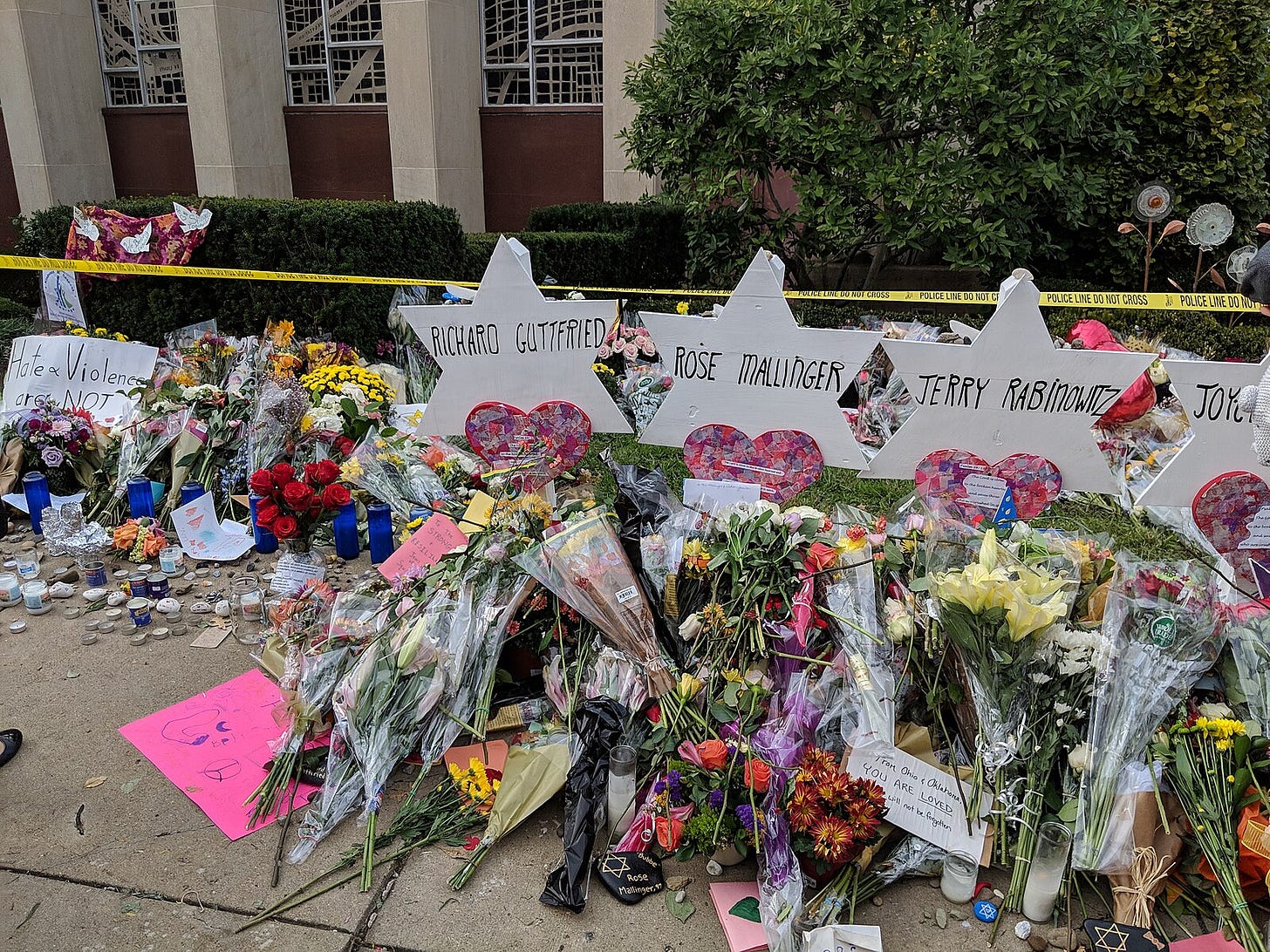
What we are witnessing — attempts to drive Jews from civic life — cannot be achieved by bigots alone. It must also be condoned by institutions, either by ditching their commitment to diversity and inclusion or simply deciding to place standing up for Jews in the ‘too hard’ basket, even as capitulation only emboldens those who employ harassment and hatred as a tool of activism.
At the same time, it is difficult not to notice the silence and collective staring at shoes from those who would otherwise be quick as a flash to condemn discrimination. Simon told the Jewish Chronicle: “This would not happen to any other ethnic minority. There would be absolute outrage. The venue would be boycotted, shut down, never allowed to trade… Our shows are not about Israel. They happen to be run by two Jews.”
Around 18 months ago, a friend of mine recounted what happened when his wife tried to book an Uber to take her to Synagogue. The app would accept the trip but the driver would cancel as soon as they clocked the destination. This happened around a dozen times. The story initially left me cold and I couldn’t tell why. I later realised it was because, on the mercifully rare occasions I would need to get to a synagogue, even long before 7 October 2023, I would reflexively input the address as a random house across the street from the shul. Why go looking for trouble?
I tell this story for two reasons. First, I was not naive. I knew lots of people didn’t like Jews long before October 7. But also because it now seems rather quaint — a time when Jews were merely having their taxis cancelled, not their freedom to participate in civic life alongside everyone else.
There is also the case where bad actors simply replace ‘Jew’ with Zionist. So instead of “Jews control the world”, “Zionists control the world”.



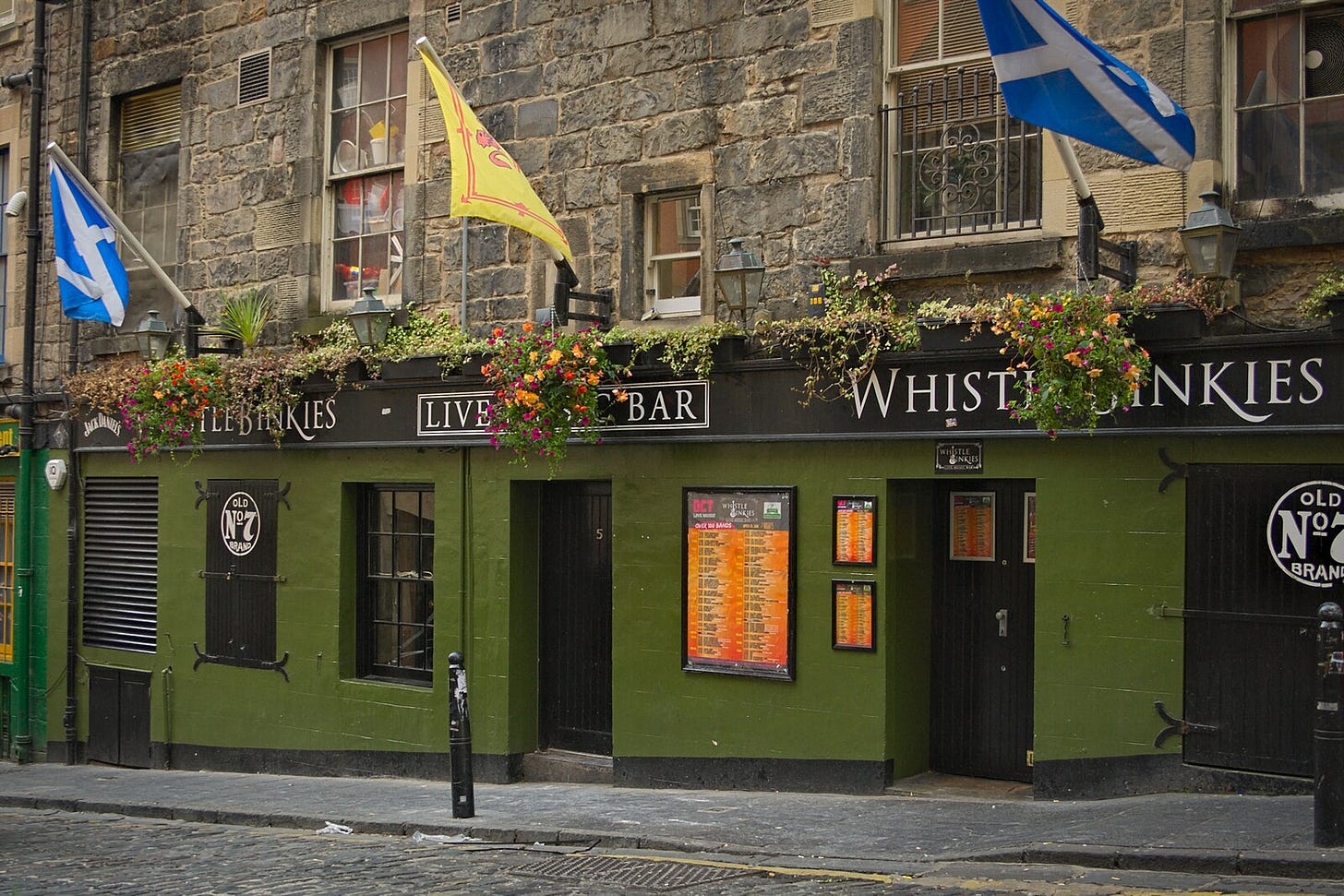
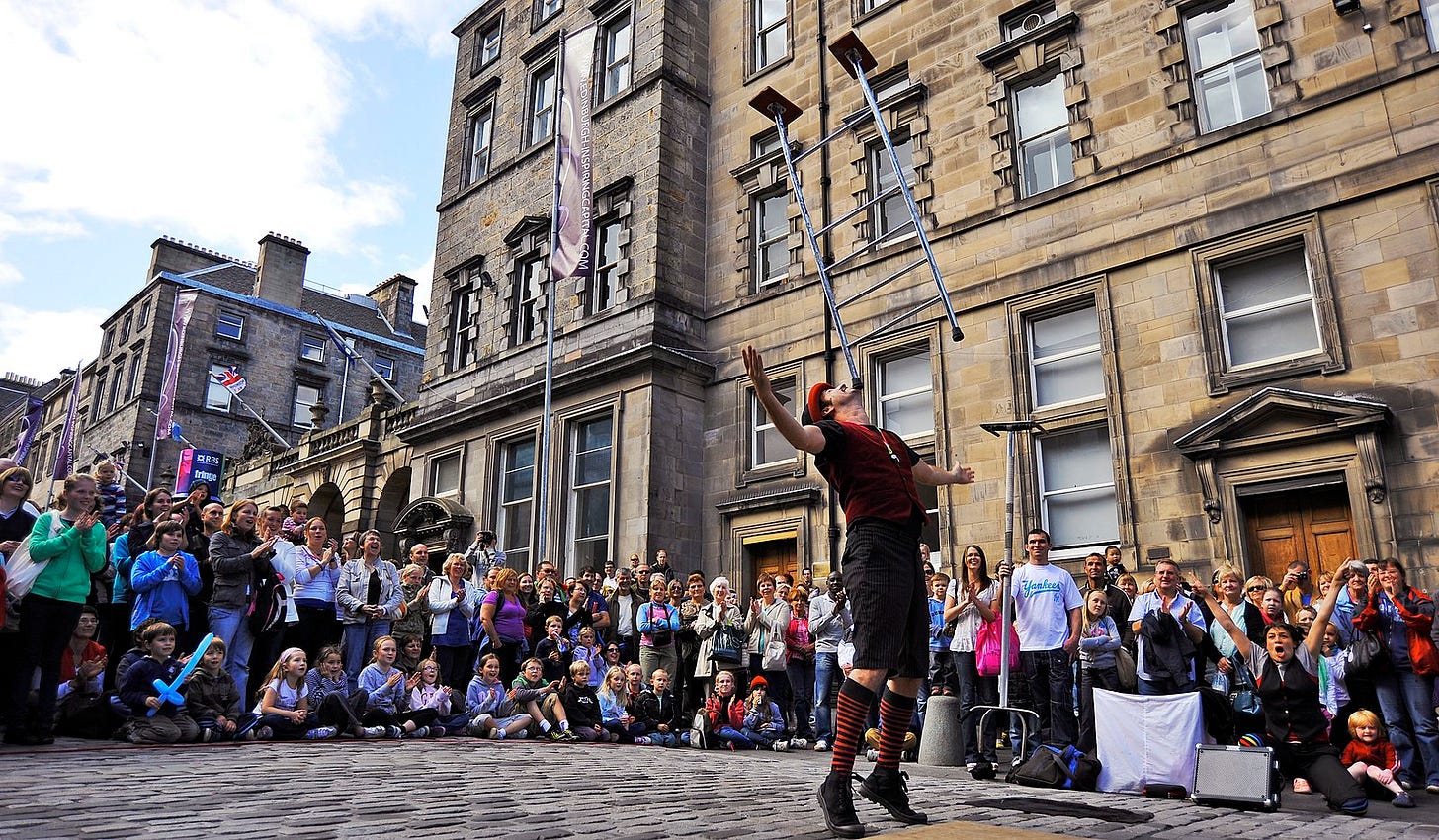
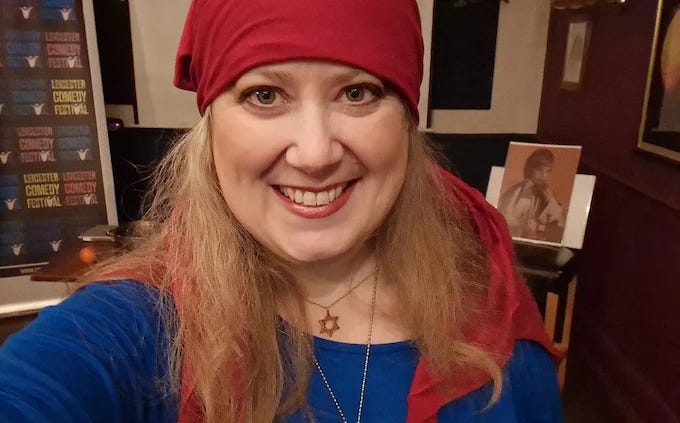
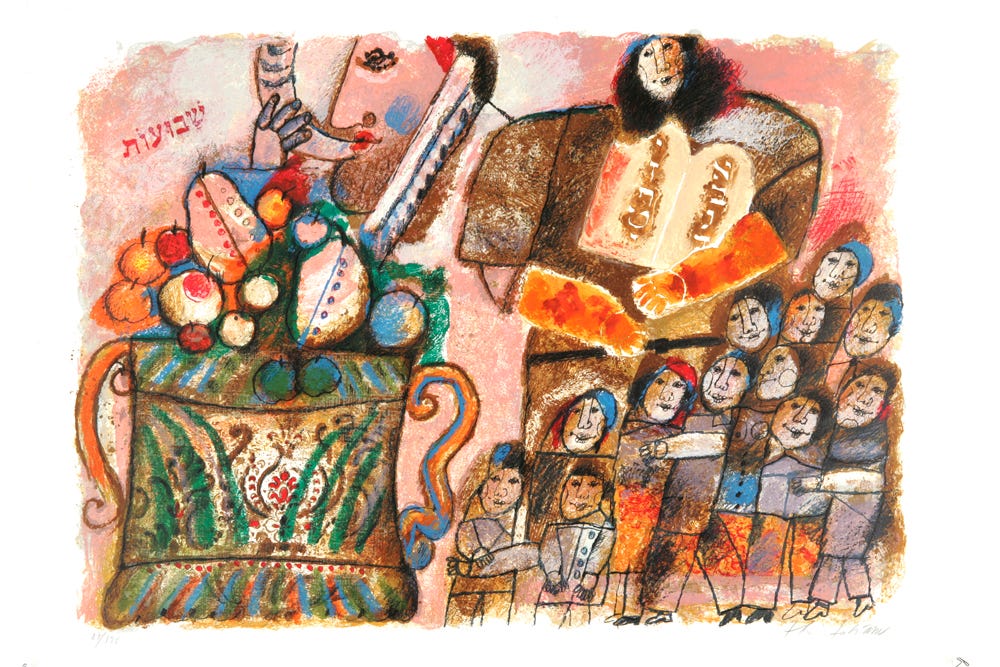
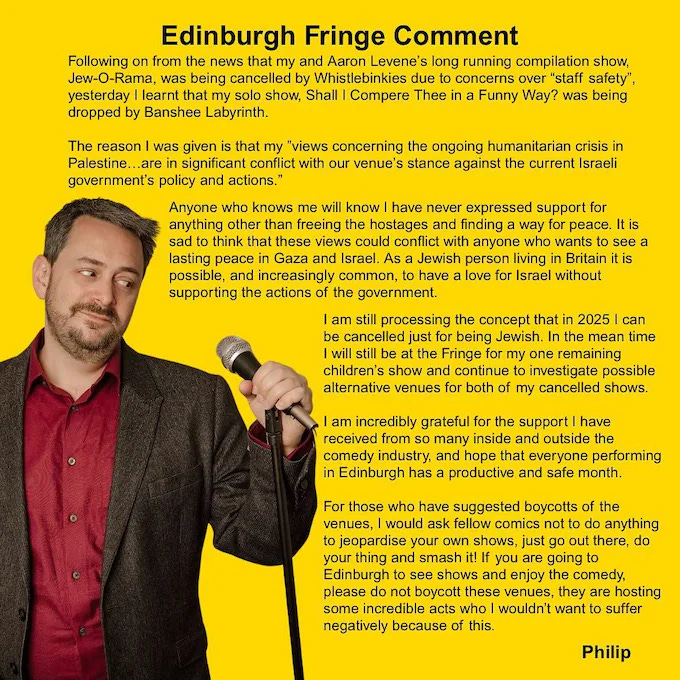
Thank you so much for this - depressing but as you say no longer amazing as it should be. Have shared as merits wider reading.
What a very well written piece Jack. Thank you for being brave and brilliant.